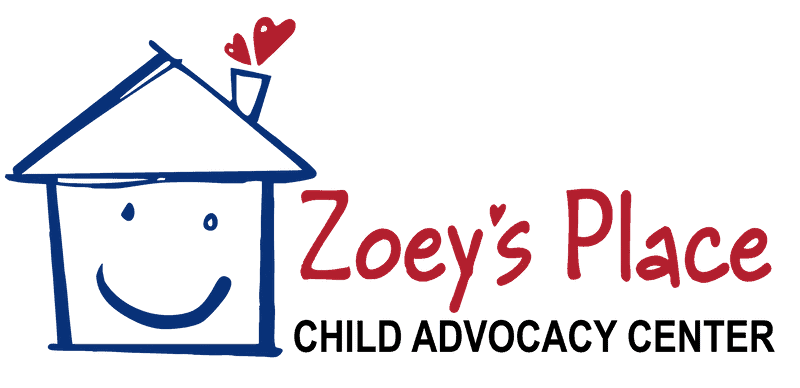You have to report any suspicion of abuse. It’s the law.
Indiana is a mandatory reporting state. Indiana law requires any individual who suspects a child may be the victim of abuse or neglect must report it.
Call the Indiana Child Abuse Hotline at 1-800-800-5556 or law enforcement. Call 911 in an emergency.
What are some of the signs of child abuse?
Please keep in mind every situation is different. Some of the clearest signs of abuse may include the following, but this is not an exclusive list:
- Low self-esteem, or sudden changes in self-esteem that seem severe
- Sudden or prolonged avoidance of school activities, sports, etc.
- Marked changes in grades or attendance
- Physical signs such as bruises, handprints, and wounds
- Explanations of injuries or behaviors that don’t add up or make sense
- A return to bedwetting
- Inappropriate sexual behaviors for their age or the use of sexually explicit language
- Changes in eating and sleeping habits
- Fear of going home or to previously trusted places
- Acts as if they have been “coached” on their story

Coaching and fear
Children who are being abused or sexually assaulted will often receive coaching from perpetrators. Young children are often told the abuse is “a secret.”
Older kids and teens are sometimes trafficked for money and told they can’t tell anyone or they’ll be arrested.
Kids may not know
Sometimes children don’t come forward to disclose abuse simply because they don’t know or understand they are being abused.
Even if they do suspect the actions of others are abusive, fear and embarrassment prevent them from coming forward.
Friends often know first
Older kids and teens often tell their friends about abuse before an adult.
Adults can help by talking to their kids about what to do if a friend tells them something is wrong.
Remind them they can come to you if one of their friends is in trouble or needs help.
What are some signs of child neglect?
Child neglect is another form of abuse that is often more emotional than physical, but no less harmful. Neglect takes many forms.
A child may receive food, clothing, and shelter, but may suffer verbal and emotional abuse or emotional neglect that severely stunts their growth and development.
If a child routinely appears in your classroom, parish, or neighborhood, or you witness any of these situations, call the Indiana Child Abuse Hotline at 1-800-800-5556. Trained operators will help screen calls, record evidence, and log the report. You can remain anonymous.
- Parents or caregivers not providing the child with basic needs such as food, clothing, shelter, and healthcare. This includes lack of dental care, optometry care, etc.
- Parents or caregivers may be abusing drugs or alcohol.
- Parents or caregivers may be leaving the child inappropriately unattended, such as at stores, parks, in a car, etc.
- Parents having unrealistic expectations of the child and a lack of appropriate understanding of child development.
- The child is left alone or in the care of other young children
- The child appears to be eating more than usual at a meal or saving food for later,
- The child is missing a lot of school.
- The child is frequently unbathed or unclean.
- The child appears malnourished.
Here’s what to do if a child says they’re being abused or harmed
If a child tells you they’re being abused, or suggests something is happening like “I was told not to tell anyone about the special touches,” this is called an “outcry.”
- First and foremost, believe the child. Even if the allegations seem hard to believe, recognize most all abuse is conducted by someone the child knows, like a family member, educator, coach, etc.
- Don’t pressure them to answer too many questions. You may need to ask a follow-up question for more information, but coming forward can be as scary as the abuse itself. Ask simple, open-ended questions like, “Tell me more about this.”
- Reassure the child they’re okay and did the right thing. Tell them, “You were very brave telling me. You did the right thing.”
- Speak with them at an age-appropriate level. Young children may struggle with vocabulary, so consider phrases like “bathing suit area” or “private parts” instead of “genitals” or “vagina.”
- Do not try to investigate. It’s logical that most people want to confront a suspected perpetrator or try to find out more, but this is the time cases are often won or lost in court. Call 911, local law enforcement, or the Child Abuse Hotline so they can immediately initiate a process that preserves evidence, protects the child, and gets justice.


